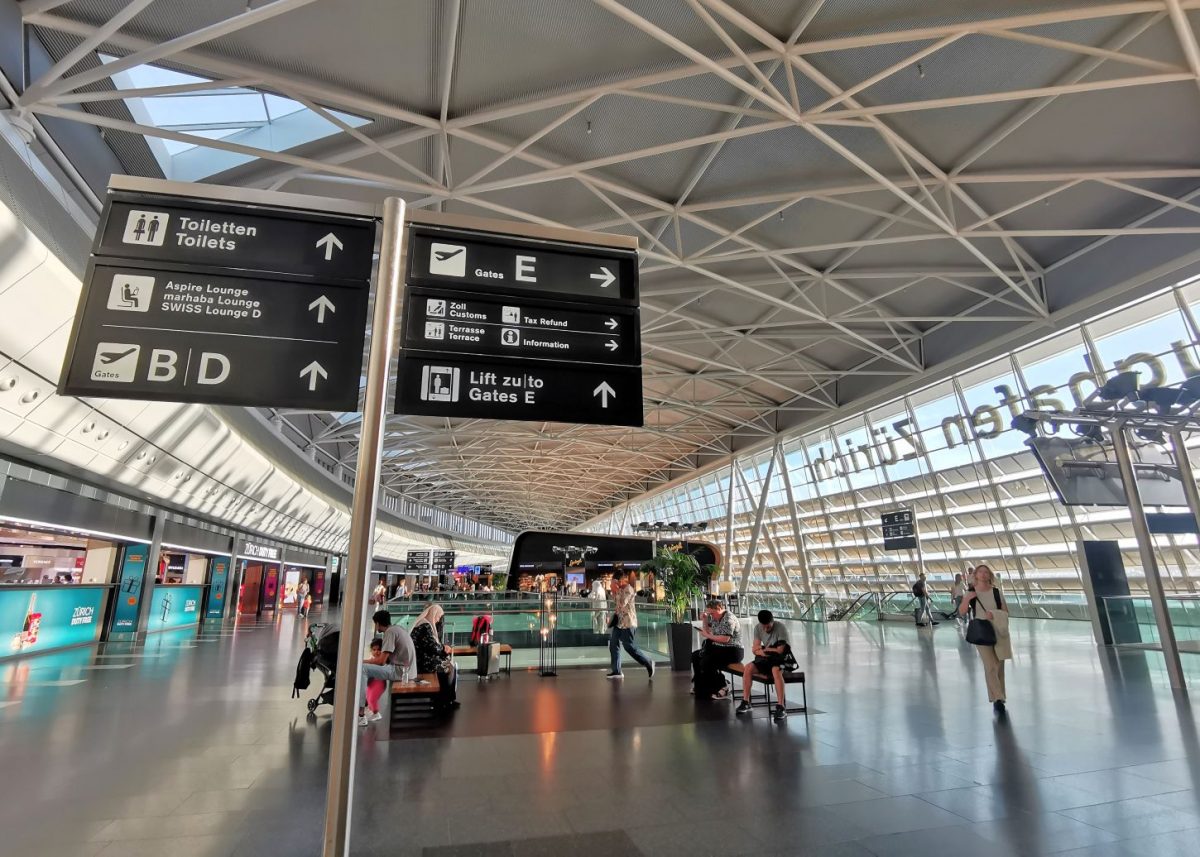Abbott predicts bird flu could practically end international travel
Ahead of an international forum on the global threat of avian flu, Australia’s Health Minister Tony Abbott said on Sunday that international air travel would practically stop if bird flu triggered a lethal human pandemic in Asia-Pacific.
He did not respond directly to reporters’ questions on whether Australia would expel foreigners, close its ports or accept “flu refugees” in the event of a pandemic in Indonesia, where bird flu has killed four people this year.
He told the Ten Network, “If there is a pandemic, international travel will almost cease, I suspect for a significant period of time.” “Regardless of what border controls countries might put on, there will be very few people who’ll be wanting to travel.”
When asked whether Australia would provide refuge to people attempting to flee the flu in their own countries in the region, Abbott suggested those most at risk would be too poor to relocate, saying, “I don’t believe the kind of people who will be the most at risk in countries like Indonesia are people who would be clamouring on the door at our airports.”
Abbott was speaking before Australia hosts a two-day Asia-Pacific Economic Cooperation forum of health and disaster officials in Brisbane, to coordinate the international response to a human pandemic that could result from the virulent H5N1 strain of the bird flu mutating into a form easily transmitted between humans.
H5N1 has already killed at least 62 people after jumping from sick birds as well as millions of poultry is Asia since 2003.
The meeting is expected to be the largest ever gathering of the 21 APEC members’ chief pandemic disaster Managers.
As an island continent, Australia has a natural sea barrier to many Southeast Asian diseases and is protecting itself by investing in neighbours’ efforts to contain the virus. Abbott said Australia had already spent $A170 million on safeguarding the Australian population of 20 million.
Australia’s bird flu strategy has come under criticism from some experts who say Canberra plans to waste most of its stockpile of anti-viral drugs by using it as preventative medication for essential workers instead of saving it for those who contract the disease, but Abbott has justified the strategy, saying the anti-virals Tamiflu and Relenza were more likely to prevent the illness than cure it.
“We think anti-virals will provide effective prevention but we are by no means certain that they will be a cure if you’re already symptomatic,” Abbott said.
Australia had already provided Indonesia with 50,000 courses of anti-viral drugs and invested A$30 million in counter-flu measures in Southeast Asian countries, half of that spent in Indonesia, Abbott said.
“We will look at what more needs to be done to build up international stockpiles,” Abbott said. “All reasonable steps will be considered and so far all feasible steps have been taken.”
Report by The Mole
Graham Muldoon
Have your say Cancel reply
Subscribe/Login to Travel Mole Newsletter
Travel Mole Newsletter is a subscriber only travel trade news publication. If you are receiving this message, simply enter your email address to sign in or register if you are not. In order to display the B2B travel content that meets your business needs, we need to know who are and what are your business needs. ITR is free to our subscribers.








































Germany new European Entry/Exit System limited to a single airport on October 12, 2025
Airlines suspend Madagascar services following unrest and army revolt
Qatar Airways offers flexible payment options for European travellers
TAP Air Portugal to operate 29 flights due to strike on December 11
Air Mauritius reduces frequencies to Europe and Asia for the holiday season